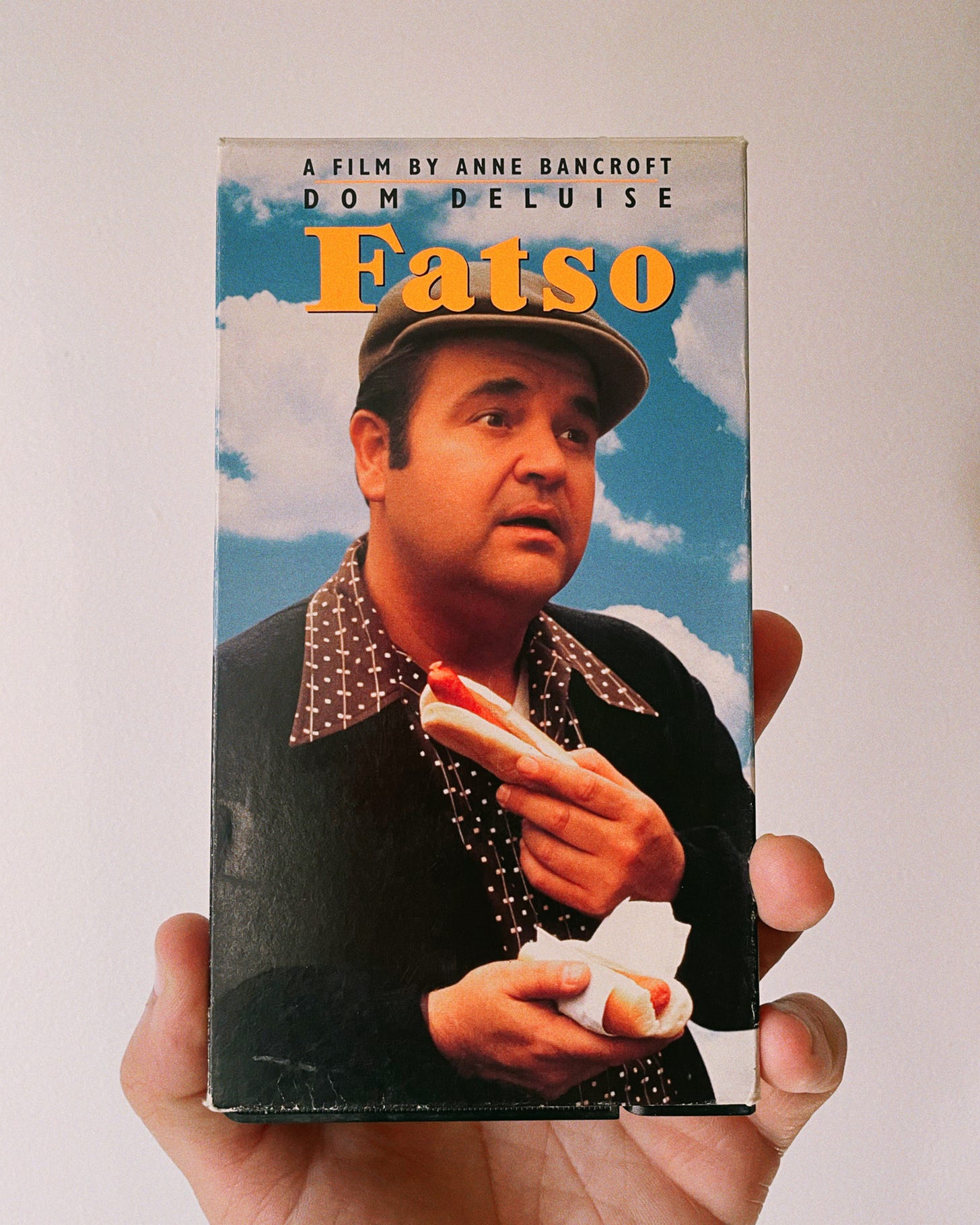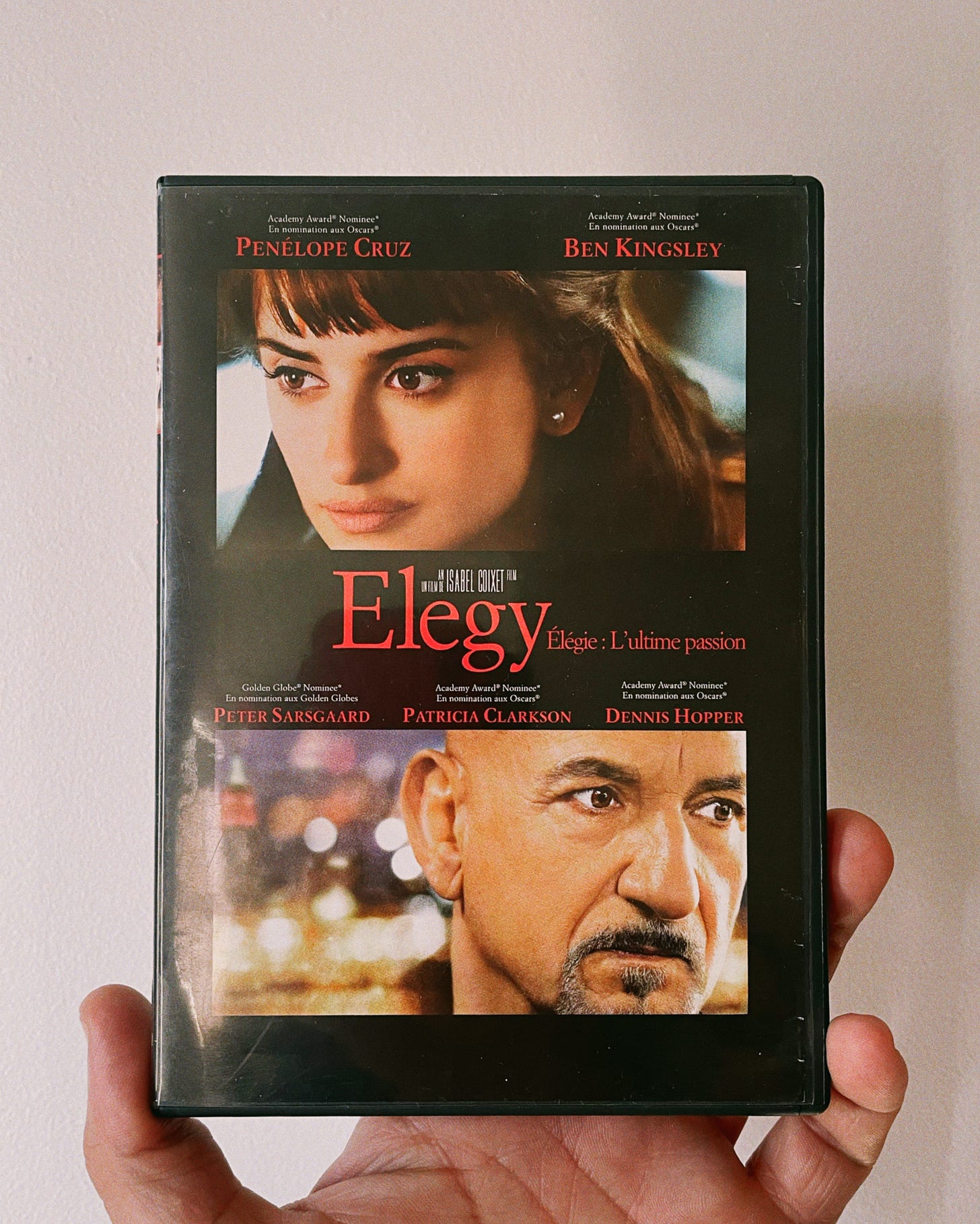It’s Friday, July 4, 2025 and today, I felt something I hadn’t felt in weeks: relief.
After nearly six weeks of covering double shifts for a coworker who had returned home to Africa to visit his wife—after being apart for over a year and a half—I finally got the green light to return to my normal schedule: 9:30 p.m. to 5:30 a.m. on Fridays. For the past month and a half, I’d been averaging 65 to 70 hours a week. The kind of hours that swallow you whole. The kind of hours that leave no space for art, joy, or recovery.
Unsurprisingly, I felt burnout creeping in—followed by a slow decline in creative energy. I had nothing left to give. No spark. No desire to write. No rhythm for this newsletter. And even though I had still been curating for my Sunday repertory series, Two for the Shelves, I found myself hesitating at the table, unsure how to approach the next batch of reviews.
Until today.
Today, I went thrifting—peacefully, freely—for the first time in almost two months. I came home with over 250 films (closer to 260 if you count the box sets), and after organizing them into the collection, I finally sat down to cap off the week with a rewatch of Bruce Almighty.
And then, like a nudge from the universe, I realized what this week’s program had been trying to teach me all along.
The theme was acceptance.
Fatso made it personal.
It forced me to sit with the mirror a little longer. As someone who grew up in a chivalrous but egalitarian Christian household, with strong matriarchs and an unshakable belief in protecting and uplifting others, I felt deeply connected to the emotional journey of its lead character. Fatso could’ve blamed his mom. He could’ve blamed the stress. He could’ve blamed anyone for where he ended up in life. But by the end of the film, he chooses to stop hiding behind shame or denial. He embraces who he is. He demands that others do the same.
It wasn’t a perfect transformation. But it was honest. And honesty is its own kind of freedom.
Then came Elegy.
A different sort of reckoning. One about legacy, letting go, and the complicated grace of growing older. The characters are forced to confront what we often avoid: that even the best things—family, memories, good intentions—don’t last forever. Sometimes, the most radical act of love is to accept what was and find a way to move forward anyway.
But it wasn’t until Bruce Almighty that the message clicked into place for me.
I’ve seen this movie before, of course, but this time it felt different. Maybe because I, too, had been waiting for a break. I, too, had been stewing in frustration and invisible labor. Watching Bruce rage at the unfairness of life, then stumble through the temptation of godlike control—it hit harder now. He wanted miracles. But what he needed was humility.
The breakthrough comes not when Bruce bends the world to his will, but when he learns to see that he already had what he needed. Love. A second chance. A moment of stillness.
And that’s where I found myself too.
These three films made me confront things I’ve quietly struggled with: my body, my job, my family dynamics, my identity as a creator. There are so many things in my life that I’ve wished were different. Healthier. Shinier. Easier. But I can also see now how much would be lost if those struggles simply… disappeared.
Would I have the same appreciation for breath, stillness, or a film night if I weren’t stretched so thin?
Would I feel so deeply called to tell stories if the path had been smoother?
Today, despite it being a holiday with time-and-a-half pay on the table, I chose not to be “greedy”. I chose to rest. I chose to thrift. I chose to spend time with stories, not spreadsheets.
Because I remembered something that I often forget: I am enough.
This life, though imperfect, is already mine. And sometimes the only thing standing between burnout and peace is acceptance.
This is why repertory programming matters. It’s not just about discovering new movies. It’s about remembering old truths. And this week, the truth was simple:
Things could always be better—but they could also always be worse. And that, strangely enough, is where the gratitude begins.








